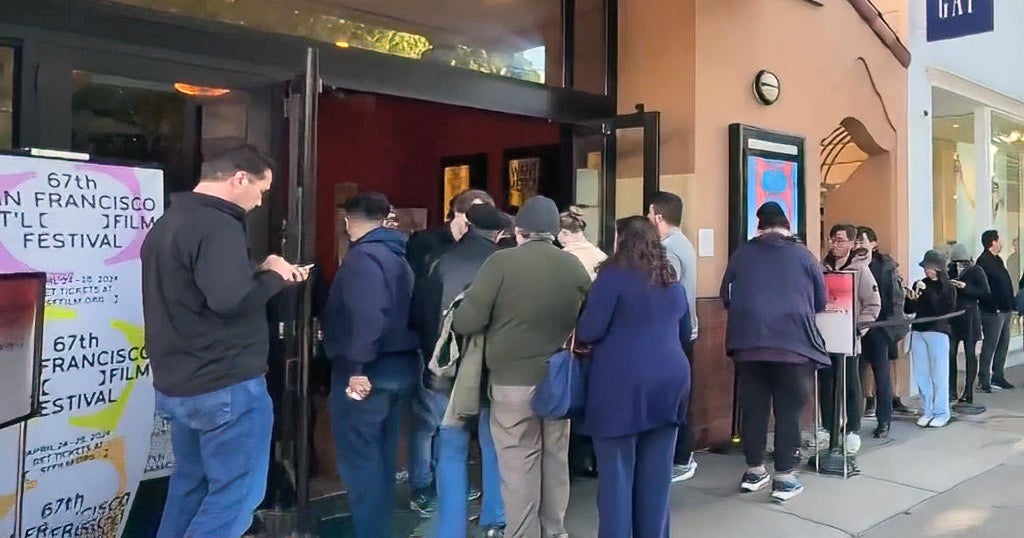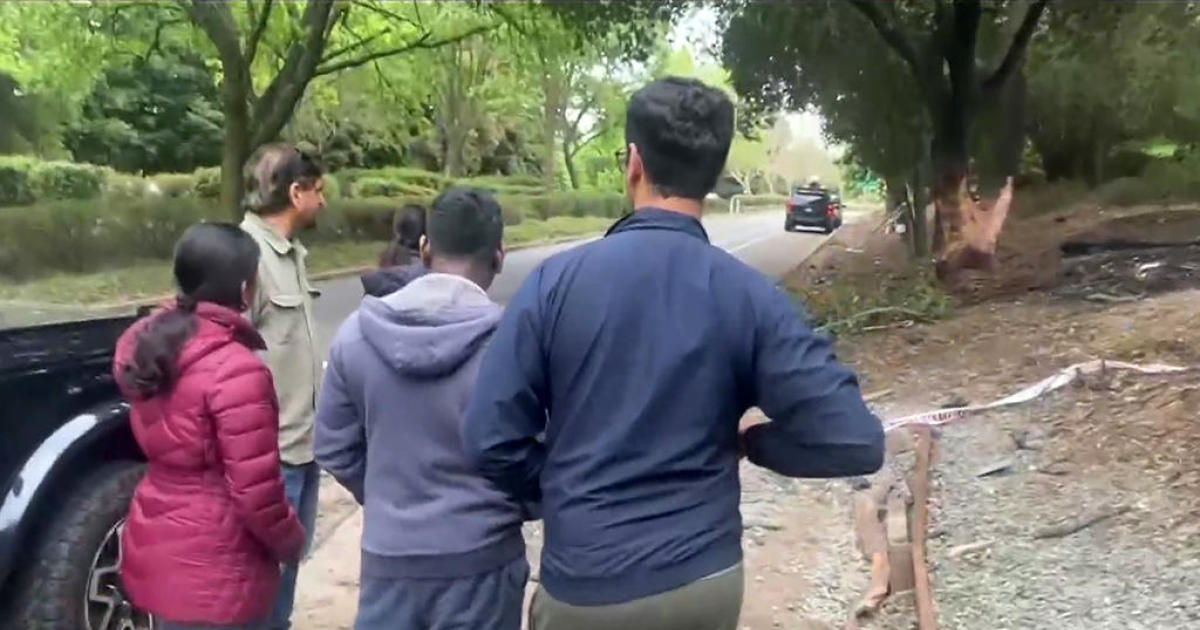Groundbreaking Canine Cancer Vaccine Trial Underway At UC Davis
by Juliette Goodrich and Molly McCrea
DAVIS (KPIX 5) -- One of the world's top veterinary hospitals is testing out a new strategy to stop multiple types of cancer in dogs with a groundbreaking vaccine study.
Cancer is the leading cause of death in dogs. An estimated one in three of our furry pet canines will develop the disease at one point in their lives, especially as they age.
KPIX 5 News learned 800 dogs will be involved in a study at three institutions, including the University of California, Davis Veterinary Teaching Hospital involving an experimental cancer vaccine.
One of the big pioneers in this study is actually a small, rambunctious beagle named Max. KPIX 5 News first met Max at the veterinary hospital's Small Animal Clinic and he was busily smelling everything in sight.
"He's very healthy. He's 6-years-old," said Max's owner Renee Swank.
As to why Swank and her husband enrolled their pooch? "For us, it really was just in the name of science," explained Swank.
The Vaccination Against Canine Cancer Study (VACCS) is the largest clinical trial ever conducted to date for canine cancer. The goal of VACCS is to evaluate the vaccine strategy for prevention. Research in mice showed very promising results, with the vaccine delaying or preventing multiple types of cancer without side effects.
The vaccine targets roughly 30 abnormal proteins that are found on the surface of different kinds of cancer cells.
For years, scientists believed a universal cancer vaccine was not possible because cancers were so different. But an Arizona State University research team led by scientist Stephen Johnston were able to identify these common abnormal proteins found on many cancer cells.
VACCS is looking for healthy dogs of certain breeds, six years or older. They will be randomized to receive either a series of an experimental vaccine or a placebo vaccine. No one knows who gets what vaccine. The dogs in the study live at home and will be checked two-to-three times yearly for five years after enrollment.
If a dog develops cancer, a stipend will be offered to the owners to defray costs associated with diagnostics and treatment regardless of whether the dog received the experimental vaccine or the placebo.
The vaccine aims to work in a similar fashion as a flu or measles shot. Simply put, It primes a healthy dog's immune system to be on alert.
"So they can identify and kill these cancer cells before they can blow up into a full blown tumor," said UC Davis veterinary oncologist Dr. Jenna Burton.
The vaccine is an immunotherapy that works differently than other immunotherapies on the market or in development that focus on noticeable tumors.
"We're trying to get the immune system to recognize these abnormal cells even earlier in the process," said Burton.
In addition to adding to science, there is another reason why Max's humans enrolled him. At home, Max has a best friend: another beagle named Lucy that has mast cell cancer. She's been through surgery and treatment.
"We've gone thru it with Lucy and it would be nice not to have him go through that, too," Swank.
Not all dog owners have the ability to seek cancer treatment when a pet dog is diagnosed. Swank remarked if this vaccine works, hopefully fewer families will be faced with a tough choice.
"I can't imagine not having [Max and Lucy] in our life," said Swank.
Burton says if this vaccine works, cancer specialists will then look into whether a similar approach may also benefit humans.
"Cancer affects everyone. It affects our loved ones whether they have two or four legs," said Burton.
There is always a risk of side effects with any vaccine. Burton told KPIX 5 that so far, they've only seen some very mild cases, including some temporary soreness at the injection site.
In order to qualify for the trial, your dog must meet certain criteria. UC Davis is the only site in California performing the study and will enroll about 275 healthy dogs. The other two institutions involved in the trial are Colorado State Veterinary Teaching Hospital and the University of Wisconsin-Madison.



